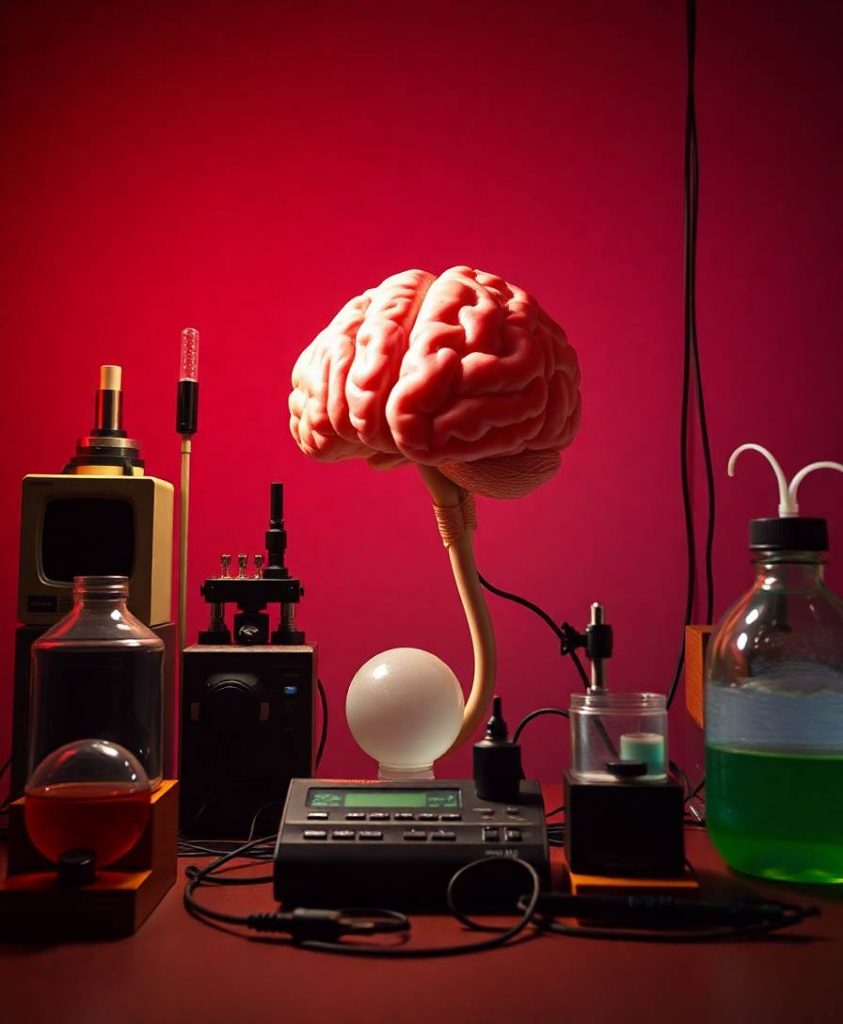BackgroundElectroencephalogram (EEG)-based brain-computer interface (BCI) systems are widely utilized in various fields, including health care, intelligent assistance, identity recognition, emotion recognition, and fatigue detection. P300, the main event-related potential, is the primary component detected by EEG-based BCI systems. Existing algorithms for P300 classification in EEG data usually perform well when tested in a single participant, although they exhibit significant decreases in accuracy when tested in new participants. We attempted to address this lack of generalizability associated with existing classification methods using a novel convolutional neural network (CNN) model developed using logistic regression (LR).Materials and MethodsWe proposed an LR-CNN model comprising two parts: a combined LR-based memory model and a CNN-based generalization model. The LR-based memory model can learn the individual features of participants and addresses the decrease in accuracy caused by individual differences when applied to new participants. The CNN-based generalization model can learn the common features among participants, thereby reducing overall classification bias and improving overall classification accuracy.ResultsWe compared our method with existing, commonly used classification methods through three different sets of experiments. The experimental results indicated that our method could learn individual differences among participants. Compared with other commonly used classification methods, our method yielded a marked improvement (>90%) in classification among new participants.ConclusionThe accuracy of the proposed model in the face of new participants is better than that of existing, commonly used classification methods. Such improvements in cross-subject test accuracy will aid in the development of BCI systems.


